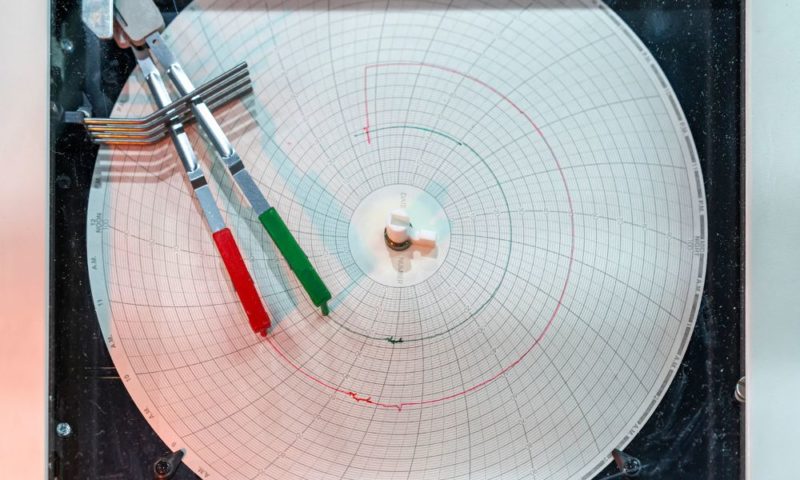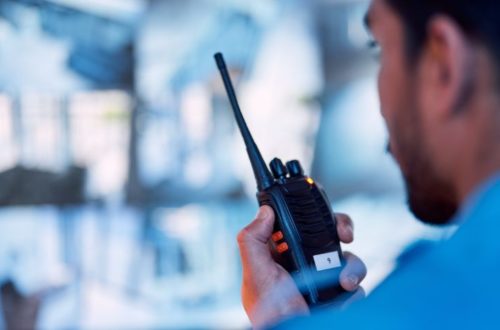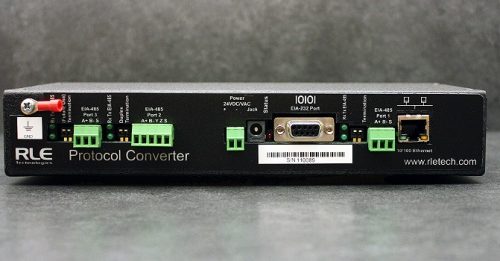4 Reasons Why Chart Recorders Are Better Than Data Loggers

Data recording devices are essential in the pharmaceutical, food processing, manufacturing, and oil and gas industries. However, some professionals debate whether chart recorders or data loggers are superior. They assume digital alternatives are better than physical forms for processing data. However, we’ll explain the reasons why chart recorders are better data recording tools than data loggers. Strip, roll, and circular chart recorders are common forms of physical data logging. Continue reading to find out which option will benefit your business the most.
Longer Lifespans
Chart recorders are ideal for recording temperature, pressure, humidity, diagnostics, and for providing statistical analysis. They’re best when limited variables are necessary to produce results.
When comparing chart recorders and data loggers, note that chart recorders have a longer lifespan. They typically last around 10–20 years with regular maintenance. Data loggers, on the other hand, only function between 5 and 10 years.
Real-Time Monitoring
One of the main advantages of chart recorders is that they allow for real-time monitoring. Unlike data loggers, which only display data after collecting it, chart recorders display data as it comes in. This feature can enhance your operations and help you maintain control over the data collection process.
In high-stakes industries—healthcare, pharmaceutical, or food and beverage—the slightest errors can have dire consequences, such as increased costs, reduced workflow, damaged products, and customer dissatisfaction.
Real-time monitoring is invaluable. When you take the time to guarantee high-quality products and operations through strict quality control and compliance, you safeguard your businesses from legal consequences and reputational damage.
Incredible Precision
Chart recorders offer a significantly higher level of accuracy and precision than data loggers. The key distinction lies in their operational mechanisms.
Chart recorders use a paper chart to record data continuously and enable an immediate visual analysis. On the other hand, data loggers typically store data in memory and transfer it to a computer for analysis. A visual representation of collected data can provide detailed insights into the recorded information.
Minimal Data Recording Limitations
Data loggers often encounter storage limitations due to memory constraints. Luckily, chart recorders don’t have this problem because the data appears on sheets of paper. These devices are ideal for long-term data monitoring because they can continuously record data. It’s especially beneficial in industries where continuous data collection is crucial for maintaining safety standards and ensuring optimal operational efficiency. For example, conditions for frozen food should not fall below 40 degrees Fahrenheit. A chart recorder collects data on the freezer’s temperature at all times to help you monitor its condition and guarantee the food or beverage is safe for consumption.
The Types of Chart Recorders To Choose From
Do you need advice for selecting a chart recorder? Now that you understand why chart recorders are better than data loggers, you can think about your options moving forward.
Circular chart recorders are beneficial for observing trends over time. For example, companies in the manufacturing or oil and gas industries can use a circular chart recorder to track the condition of their equipment.
Strip chart recorders are ideal for continuous data collection on temperature, pressure, humidity, and voltage. Lastly, a roll chart recorder lets people track weather patterns or pollution levels in the environment or a hospital patient’s vital signs.
Would you like to receive similar articles by email?





